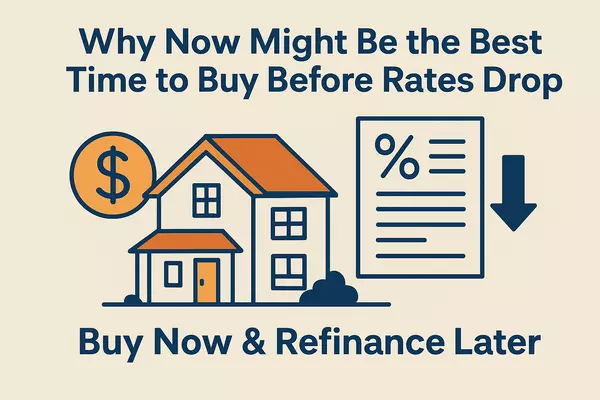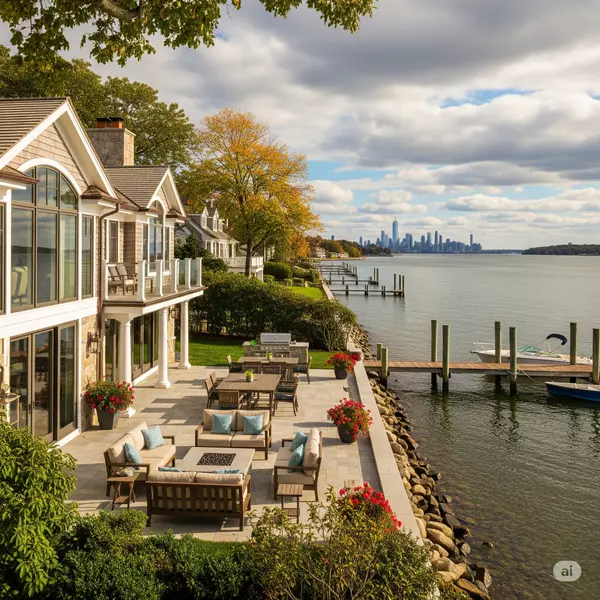How to Buy in New York

If you have decided to buy an apartment in New York City, congratulations! However, while exciting the process of finding then buying an apartment may be, there are a lot of things to take into consideration and it can be overwhelming. In order to make the process less stressful and more fun, here is a basic run down of the experience:
1. KNOWING YOUR BUDGET
Before you get into the nitty gritty of finding an apartment, it helps to know exactly how much you are willing to spend on your new NYC home. In NYC, condominium apartments require at least 10% down, while cooperative apartments generally require at least 20-25% down. It helps to seek pre-approval for a mortgage, which can usually take a day or two.
2. FINDING AN APARTMENT
Once you have figured out how much you want to spend on your new NYC home, the search begins. Here are a few things to consider while you search:
a) Condos vs. Co-ops: A good thing to know when looking for apartments in NYC is that 15% of Manhattan’s buildings are condominium buildings and the other 85% are cooperatives. This is important to take into consideration for the buying process, because there are both pros and cons to living in a Condo or a Co-op. For example, the owner of a Condo technically has more freedom than an owner of a Co-op apartment, and does not have as many rules that restrict the buying or selling of said Condo as opposed to a Co-op apartment. (For more information see our article, Closing Costs: Co-Ops). Knowing the difference can help you in narrowing down your search.
b) Location, Location, Location: When trying to find an apartment it helps to have an idea of which neighborhood you want to live in. Whether it is the Upper West Side or Battery City (See our Neighborhood Guides for more information), picking a neighborhood is a crucial thing to consider in terms of price, daily commute and environment. In this case, having a good broker can be especially helpful to find you the best listing in the neighborhood that best suit your needs and requirements, as well as saving you time and frustration.
c) Patience: Depending on what you are looking for, the length of your search will vary. We estimate the average person sees 20-25 apartments before deciding on one. Internet-savvy buyers save time by doing their homework before their search, but again, an experienced broker can help make the experience of finding and buying an NYC home a little less painful and more streamlined by tailoring the listings and showings to your specific price and requirements. The typical time frame from home search to closing is 60-90 days.
3. THE NEGOTIATION PROCESS
When you have found the right property, you can place an offer or bid through yourself or through your agent, who will communicate it to the seller’s agent or to the seller directly. In New York City all offers are made verbally. The seller may counter your offer, which begins the negotiation process. In this case it helps to have an experienced agent to represent your interests, as there are numerous things that can be negotiated. Everything from assessments, fixtures, window replacements, air conditioners, rugs, floors, curtains, appliances, working fireplaces, washer dryers, etc.
4. SIGNING A CONTRACT
After the seller accepts your offer, the next step is to contact an attorney familiar with real estate law in Manhattan to represent you. The seller’s attorney will draws up the contract for your attorney to review, then the buyer’s attorney does ‘due diligence,’ which includes reading minutes, financial statements of buildings etc. (Note: Your real estate agent can assist you in finding experienced attorneys.)
After the buyers sign and forward the contract with a 10% deposit (20-25% for a co-op), the seller will then execute the contract. The deposit will be held in the seller’s attorney’s escrow account until closing.
It is important to note that a contract is binding only after both parties have signed it. So, until the contract is signed by all parties, then delivered, the seller can still legally entertain and accept other offers. In other words, the quicker the contract can be signed, the better. In general, this process takes 1-3 weeks.
Note: If you are buying a Co-op, you will also need to get the co-op board's approval. (For more information see our article on Closing Costs: Co-Ops.)
5. APPLYING FOR A MORTGAGE
Mortgage applications cannot be processed without an executed contract, and if the Receive Commitment Letter from Lender of apartment being financed, the board requires a commitment letter from a lender. These letters are generally the last items to complete a board package/condo application. Typical time frame: 6 - 9 weeks.
6. COMPLETE A CO-OP BOARD PACKAGE OR CONDOMINIUM APPLICATION
Board packages/Condo applications are given to potential purchasers to fill out after a contract has been executed. If there is no financing, it usually takes about 2-4 weeks to gather the information for the board/condominium application.
a) For the Cooperative apartment buildings, you will require board approval before a closing can be scheduled. In order to complete the package, you will need:
i. A financial statement signed by a CPA.
ii. All requisite support of your financial statement.
iii. Three years of tax returns, bank statements.
iv. Letters of personal and financial reference.
v. Letters of professional reference.
vi. The contract of sale.
vii. Bank documents (if financing) indicating that your loan is in place.
After you and your agent complete the Board package, he/she will forward the package to the managing agent of the building. The managing agent will inspect the package to ensure it is complete, then the package will be forwarded to the Board of Director’s of the co-op. After the Board reviews the package, they will decide if they would like to meet the potential purchaser for a board interview. The managing agent will alert the seller’s broker whether a potential purchaser has passed the interview, then a closing date can be scheduled.
b) Condominiums require an information packet to be completed before a closing can take place. Condominiums requirements are much less invasive but you still must supply:
i. Basic salary requirements and/or
ii. A mortgage approval to prove your eligibility.
With Condominiums, the owner dictates the process and if owner approves in most cases the managing agent and board follow suit. Your broker will inform you if your application has been approved. Condos do not usually require an interview.
7. SCHEDULE A CLOSING
Managing agents generally set the date for closings, and lawyers for sellers and buyers coordinate with the appropriate banks on available dates and times.
Categories
Recent Posts










